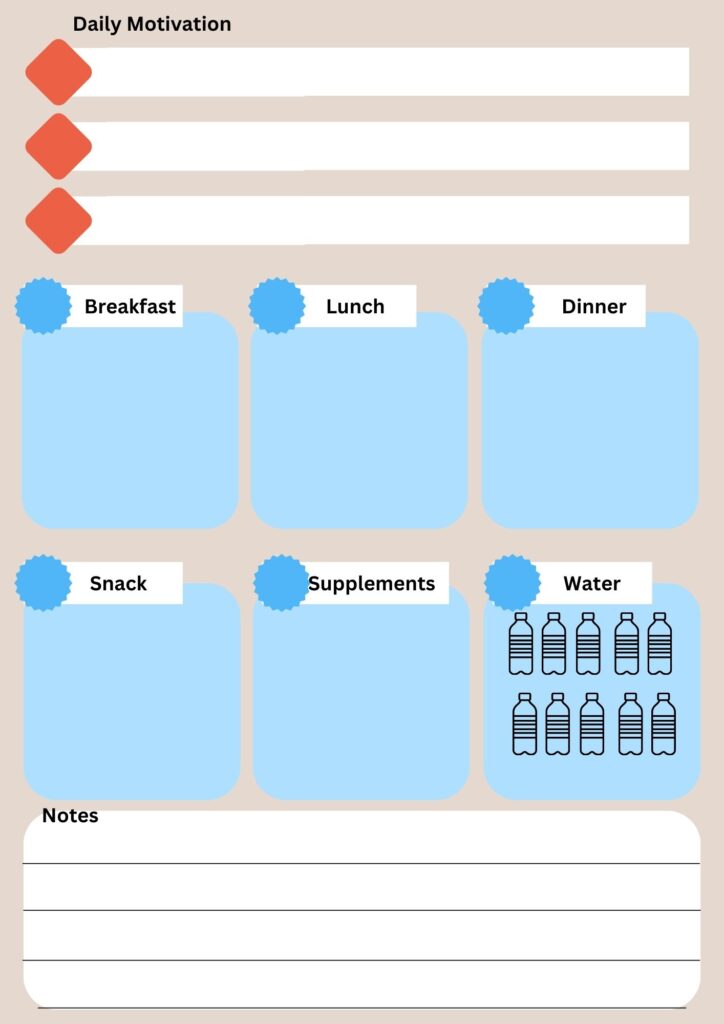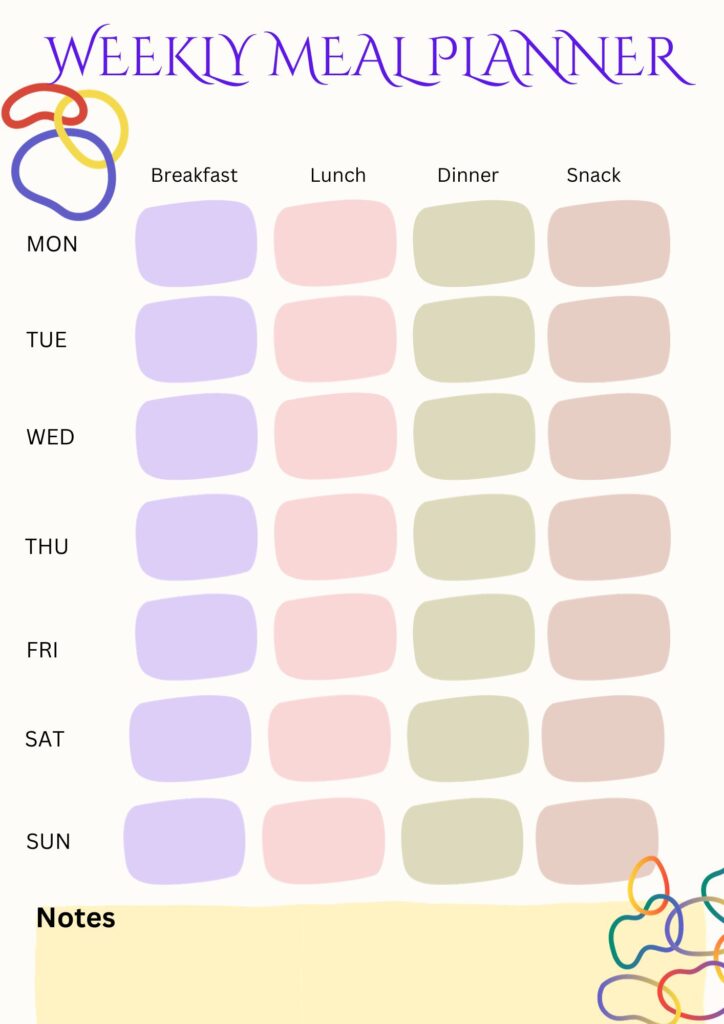
Unexpected Weight Gain: Why am I gaining weight as I’m trying to lose it?
Facing unexpected weight gain amidst earnest weight loss efforts can be disheartening. Consider factors like water retention, exercise-induced fluctuations, and dietary choices. Evaluate your calorie intake, ensuring sufficiency for a balanced metabolism. Embrace patience, tweak your approach, and remember, unexpected weight gain is a temporary detour, not the end of your journey.






